Technological advances make you wonder: is this the start of a new world ruled by intelligent machines? Is there such thing as artificial intelligence?
The development of artificial intelligence in robotics is not as unlikely as you might think. A growing number of technologies enable machines to observe and comprehend the environment in which they operate and choose the best course of action towards their assigned goal. This is as true for unsophisticated automated machines that perform simple repetitive tasks as it is for advanced machines, such as autonomous vehicles. Even today, the autonomy of military drones has reached a point where their ground-based pilots sitting in some shipping container thousands of kilometers away need only jump in in the kinds of emergencies that their designers or neural networks have not yet anticipated. Reportedly, these only amount to 2-5% of unforeseen events. Without a doubt, man is still indispensible for making the final call to drop a bomb or authorize an air strike.
Recently, the computer program DeepMind developed by Google beat the world’s best player at the game of Go, whose complexity far exceeds that of chess. The human player only managed to win a single game – the computer defeated him scoring 4 to 1 in the overall match. A device programmed and taught to perform a massive number of Go move combinations nevertheless falls short of true intelligence. Its success relies on a combination of an enormous volume of data and incredible processing power. Today’s artificial intelligence is downright incapable of creative thinking.
Nonetheless, even today, a combination of huge processing power and dreadfully large databases open up a wealth of possibilities, such as weather forecasting. Millions of sensors around the world gather data on current weather conditions on land, at sea and in the air. Such data as well as the historic weather models recorded in a database are then used by artificial intelligence to forecast the future. Is this really forecasting though? No, it is not. The system only matches known past weather patterns with current weather conditions and any observed trends. To that end, the system makes use of highly complex mathematical models, which allow it to assume that specific weather events are highly probable. Is this intelligence? Not quite, it is more of a mix of math and historic data backed with processing power. Similar examples abound: chain reaction simulations, power grid and telecom network maintenance, societal behavior forecasting and the spread of epidemics in specified areas, to name a few.
A change is inevitable as humans are unlikely to stop perfecting artificial intelligence. For the time being though, AI is only a technology that man uses and that follows man’s orders. It is also up to man to put up boundaries and barriers to keep our creations from turning against us, humans.
Originally published at Business Insider (in Polish)
Related articles:
– Machine Learning. Computers coming of age
– The invisible web that surrounds us, i.e. the Internet of Things
– Fall of the hierarchy. Who really rules in your company?
– End of the world we know, welcome to the digital reality
– What is blockchain? All you need to know
– Big Data: New player in sport
– Chernobyl – the bomb is still ticking
– Augmented Reality. Seeing more than just a Pokemon
– Sagrada Familia and the Internet of Things
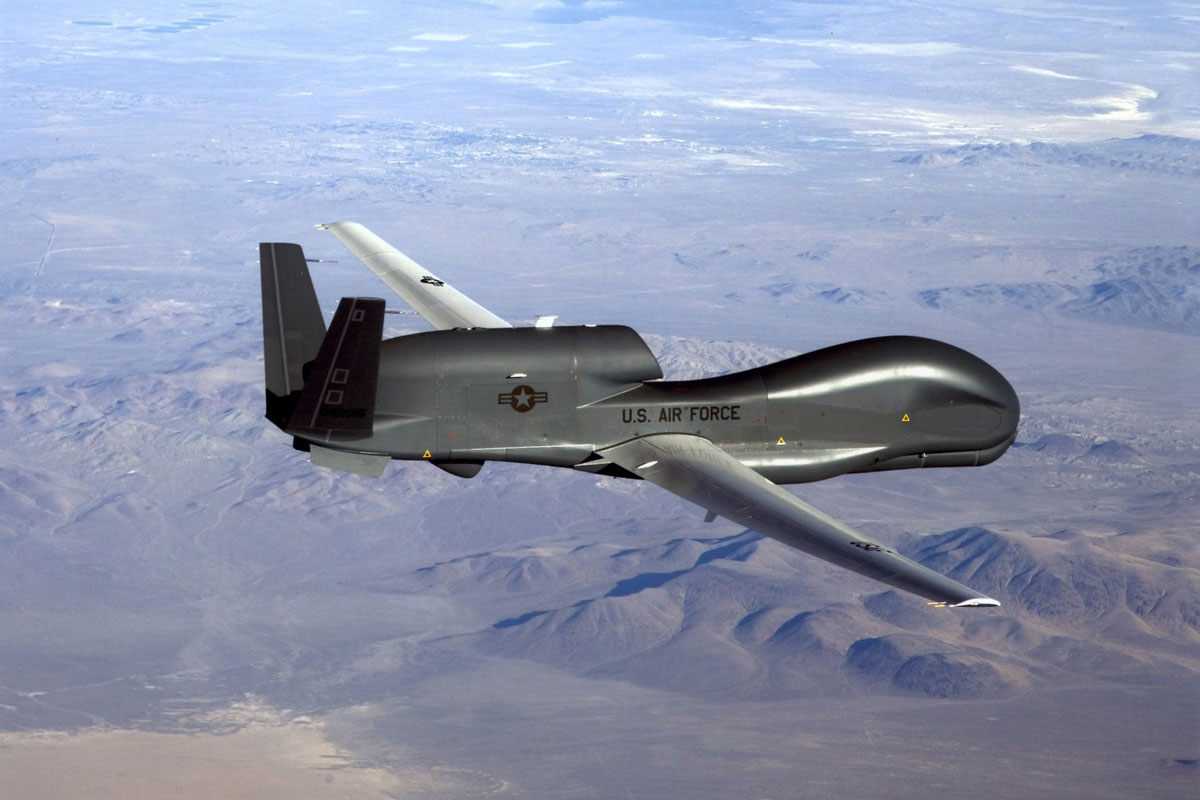
Military drone RQ-4 Global Hawk
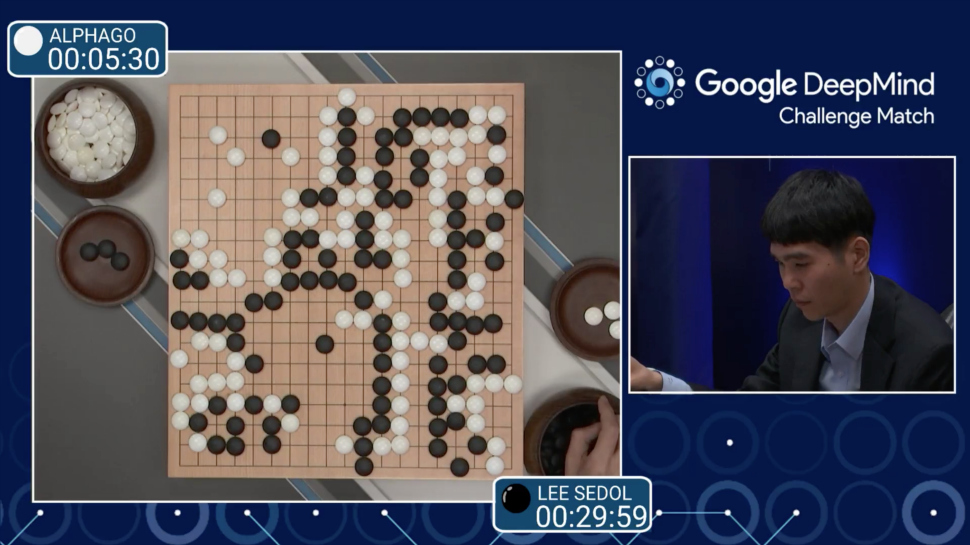
Google DeepMind beats human player in game of Go

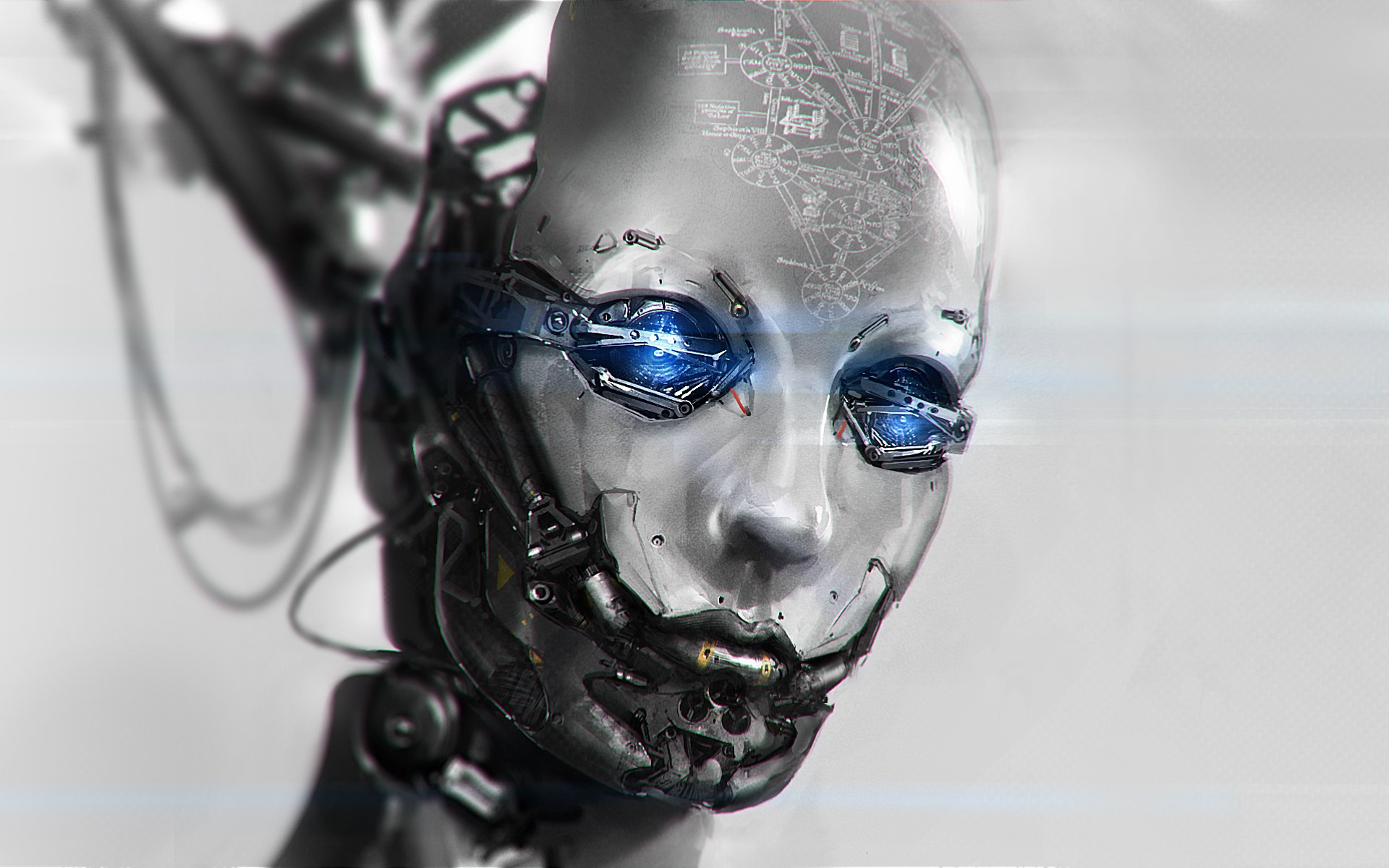


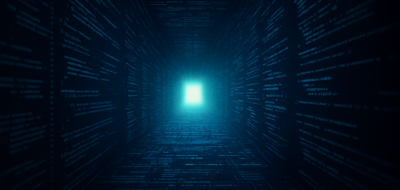
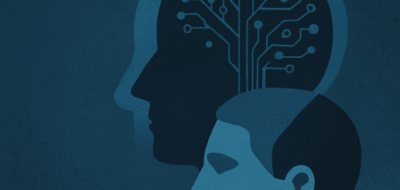




John Accural
ML will be used only if you have an unlimited amount of tries or have a large amount of historical data
John McLean
Only recently have I become interested in the AI field. I am a retired business consultant with a very strong passion for studying the lotteries in general. That has been a long time hobby and I have constructed some systems in Delphi to analyse lotto characteristics and behaviours.
John McLean
Acomplishments of expert systems and in the field of AI are increadible. The credit must go to the scientists and engineers who design them. By the same token, to whom should we give credit for the real intelligence of the human mind? God?
CabbH
The idea of AI is fascinating, but what is the ultimate point? If a conscious, intelligent entity is created what will its function be other than to be able to say ‘we did it’?
If an entity acquires consciousness will it not also acquire rights? Will turning it off be murder?
Having a machine which can convince a human that it is not a machine might be useful to replace people in call centres (and swell the ranks of the unemployed) but could it ultimately have free will? What/who would give it its moral compass?
Norbert Biedrzycki
We, humans. By proper learning process, forced algorithm design, statistical modeling …
Don Fisher
AI is a scary prospect. Humans might eventually become comfortable sharing the world with AI which helping us to diagnose disease, to cure disease, alleviate poverty and clean up the environment. I’m personally optimistic, but that doesn’t mean we should be lulled in to a lack of concern. I think this concern will die finally as we see more and more positive benefits of AI and gain more confidence with it. We’ll realize consciousness, free will does not require a biological substrate. Finally
Norbert Biedrzycki
It migh be simpy next step in our evolution as a human beeings. Im sci-fi fan. Right. But some predictions are tempting. Immortality?
TomCat
Currently Artificial intelligence is like a child, and much of what we believe to be “human nature” is collectively handed down. Children of good homes end up as pretty decent humans. Child soldiers end up, as well terribly abused human beings with a high chance of abusing others. Hopefully the military isn’t the only ones raising up AI “children”. Any parent can tell children cannot be controlled for very long. And as for uploading human consciousness to a computer is like making a copy of a copy of a copy with a terrible photocopier. There is nothing better thann the original.
Adam T
But they’re growing. Soon AI become independent. Might be a threat to us, humans
Jacek B2
New industries have emerged, referred to as FinTech (for finance and technology) and Insurance Tech (or InsurTech). The traditional financial sector has been seeing a lot of developments.
TonyHor
‘Machines are not capable of thinking’ , states that it may be possible in the future. But in the future. Machines have to become more advanced, and since as a species humans are continuing to evolve technology and machines, they will inevitably be more advanced. Also google Artificial Intelligence making games, and drawing cats without any prior knowledge.
Norbert Biedrzycki
There is a long way to go. Still. Running even the most complicated calculations and data analysis or even creating movie trailers is not the same as the ability as creating something new without prior input. Humans are able to do it because creativity, inspirations, emotions. Brain as organ is one think but let’s not forget about mind, conciseness and soul…
TommyG
AI is an inevitable and dramatic in human evolution, which will bring among other things designer babies with higher intellectual capabilities. But evolution is inevitable. The global market driven economy will be the primary driving force. AI revolution will offer incredible profit opportunities as human life is improved near term. But there will be other driving forces notably military.
Norbert Biedrzycki
Unfortunately most of technological inventions were developed at military, or with cooperation with military. War drives our civilization. Sadly
johnbuzz3
You might enjoy: http://on.ted.com/a0hZU . It’s a TED Talk about a guy which has made programs intelligent. Something that will most likely play a big role towards Artificial Intelligence. But how will AI help humanity? What really is intelligence?
Don Fisher
In a 2010 essay, Kurzweil reviewed 147 predictions he made in his 1999 book “The Age of Spiritual Machines”. See some of them:
– The rise of portable computing.
– The availability of wearable computing.
– The removal of keyboards from portable devices.
– Cables disappearing in favour of wireless technology.
– Computer displays built into eyeglasses.
– The distribution of media such as books, music, and movies in an entirely digital form.
So far he was right
Norbert Biedrzycki
And keep this in mind that it goes from year of 1999 !!!
Adam T
See this:
https://singularityhub.com/2016/02/15/where-artificial-intelligence-is-now-and-whats-just-around-the-corner/
Alan Turing created the Turing Test over half a century ago as a way to determine a machine’s ability to exhibit intelligent behavior indistinguishable from that of a human.
Author of this article believes, “that for all practical purposes, these systems will pass the Turing Test” in the next three-year period.
Perhaps more importantly, if it does, this event will accelerate the conversation about the proper use of these technologies and their applications.
Guang Go Jin Huan
I agree that this seems like sci fi garbage magic…but…Elon Musk and Stephen Hawking are not Alex Jones. They work with some of the smartest people on earth, probably have access to high level research the public doesn’t see, and they seem to be worryingly preoccupied with it. I personally don’t see how we get from modern supercomputers to a real AI with present tech, but that doesn’t mean a team in some high-level laboratory isn’t close to a breakthrough.
Maybe we can design an AI slave where we put limitations on what it can do and how smart it can get and force it to work for us. However, once we have it what stops other people from designing their own with less efficient safeguards. For an AI to be useful it has to be smarter than us, otherwise what is the point?